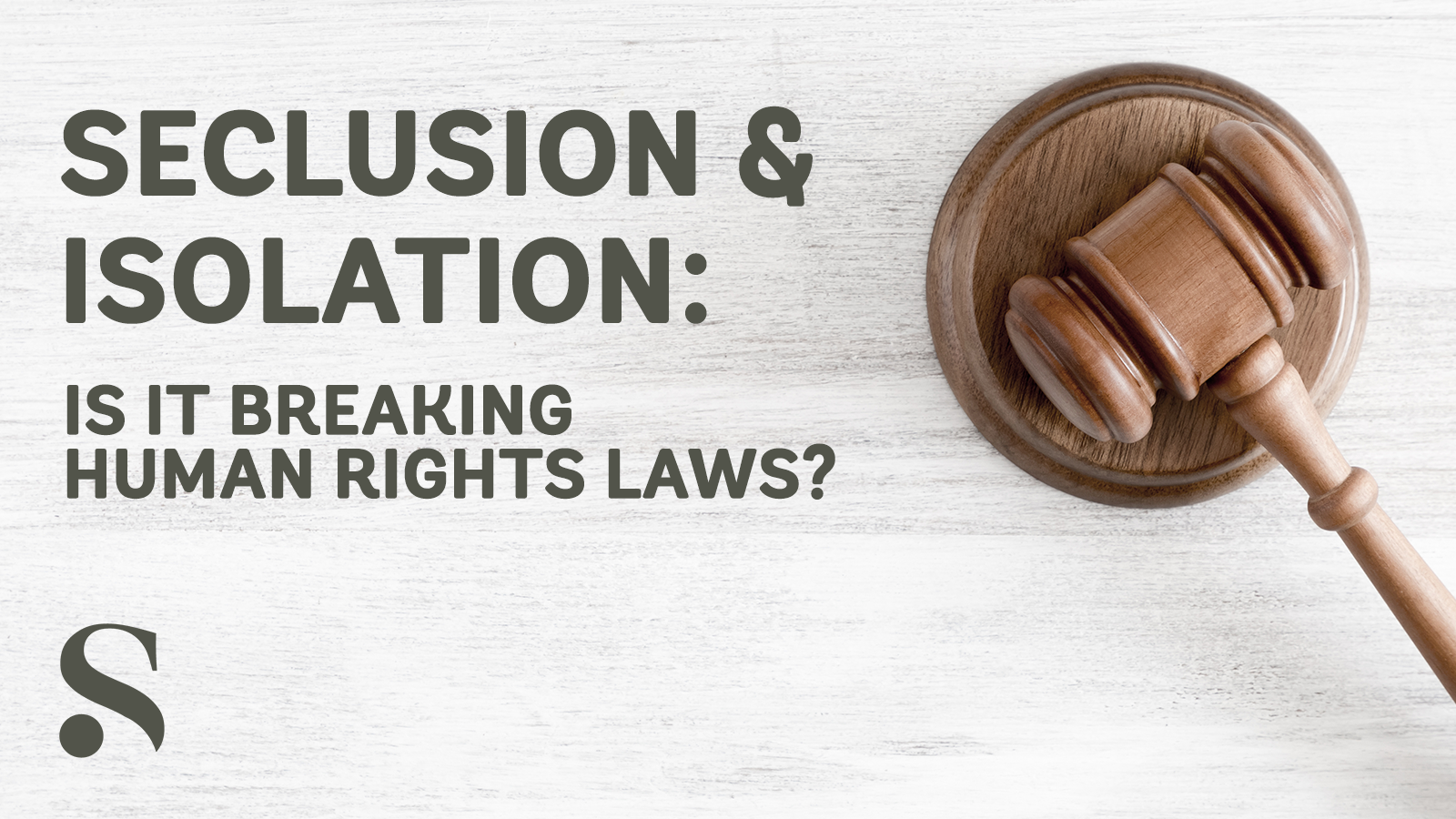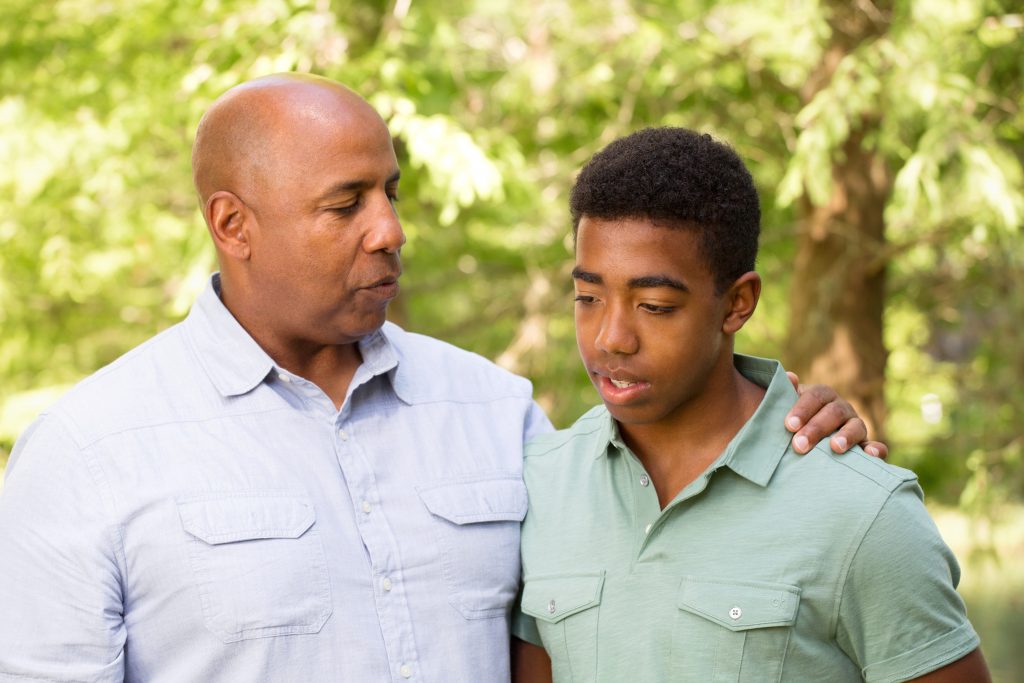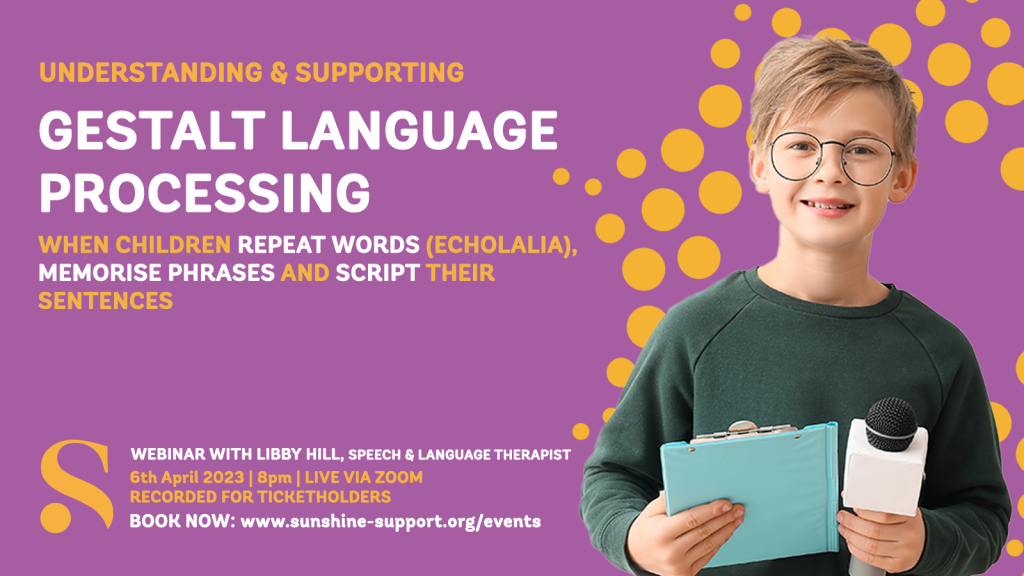
We hear, too often, about children being locked in rooms and told they ‘must stay’ in buildings as a form of control or punishment, many schools are now securing each door with magnetic locks so children can’t freely leave. But, we ask, how lawful is this practice?
At Sunshine Support, we are committed to ensuring that every child’s educational experience is in line with the law and respects their rights, especially children with special educational needs and disabilities (SEND). Today, we focus on a critical issue: the legal implications of isolation in schools.

Understanding Legal Concerns
While school disciplinary measures like isolation may seem like a routine practice, it is essential to consider the legal framework surrounding it. The Mental Health Act Code of Practice (2015) explicitly underscores the risks associated with seclusion, stating that it can be traumatic for any individual, but particularly detrimental to the emotional development of children and young people.
Moreover, UK legislation is quite clear when it comes to the use of isolation outside the realm of education. The Children Act (1989) defines any practice like ‘time out’ or seclusion that prevents a child from leaving a room or building of their own free will as a potential ‘restriction of liberty.’ This legislation extends beyond education and covers various contexts involving children. For instance, advice for staff working in children’s homes explicitly discourages the use of seclusion.

Protecting Children’s Rights
The legal perspective is crucial when addressing the issue of isolation in schools. It is not just a matter of school policy; it concerns the fundamental rights and well-being of children. These rights include their liberty, security, and protection from potentially harmful experiences, as articulated in the Human Rights Act.

Taking Legal Action
As parents and teachers, it is essential to be aware of the legal aspects of isolation in schools. If you believe that a child’s rights are being violated or if you have concerns about their emotional well-being due to isolation practices, it is your right and duty to take legal action.
A Recent Case Study
For instance, we recently worked with a family whose child developed school attendance difficulties. The child explicitly described the environment as a ‘prison with locks and chains’. It was later discovered the headteacher had installed magnetic locking systems on all doors that could only be opened by a member of staff with an authorised fob. This led the child to feel trapped and imprisoned, taking her attention from her learning to the feeling of entrapment. This sparked an interesting discussion about barriers to education and whether the school climate was right for this child. When quizzed about the need for this level of security the school, never having had a problem with safety of the children or staff previously, stated it was a safety measure for ‘the future possibility of a lockdown situation, such a s dog escaping onto the school property’. The conversation with this case continues… What are your thoughts?

Help is Available
At Sunshine Support, we specialise in providing guidance, legal advice, specialist eduational advice and support for parents and professionals navigating the world of special educational needs in England and Wales. Our expert team can help you understand the legal framework, explore your options, and advocate effectively for your child’s rights.
Empower Yourself Within the Law
Let’s work together to ensure that every child, especially those with SEN, receives an education that is not only inclusive and supportive but also legally sound. Visit our website at [www.sunshine-support.org] to seek advice from our specialised legal team and take proactive steps to protect your child’s rights. Together, we can uphold the law and make a lasting difference in the lives of children with SEN.







